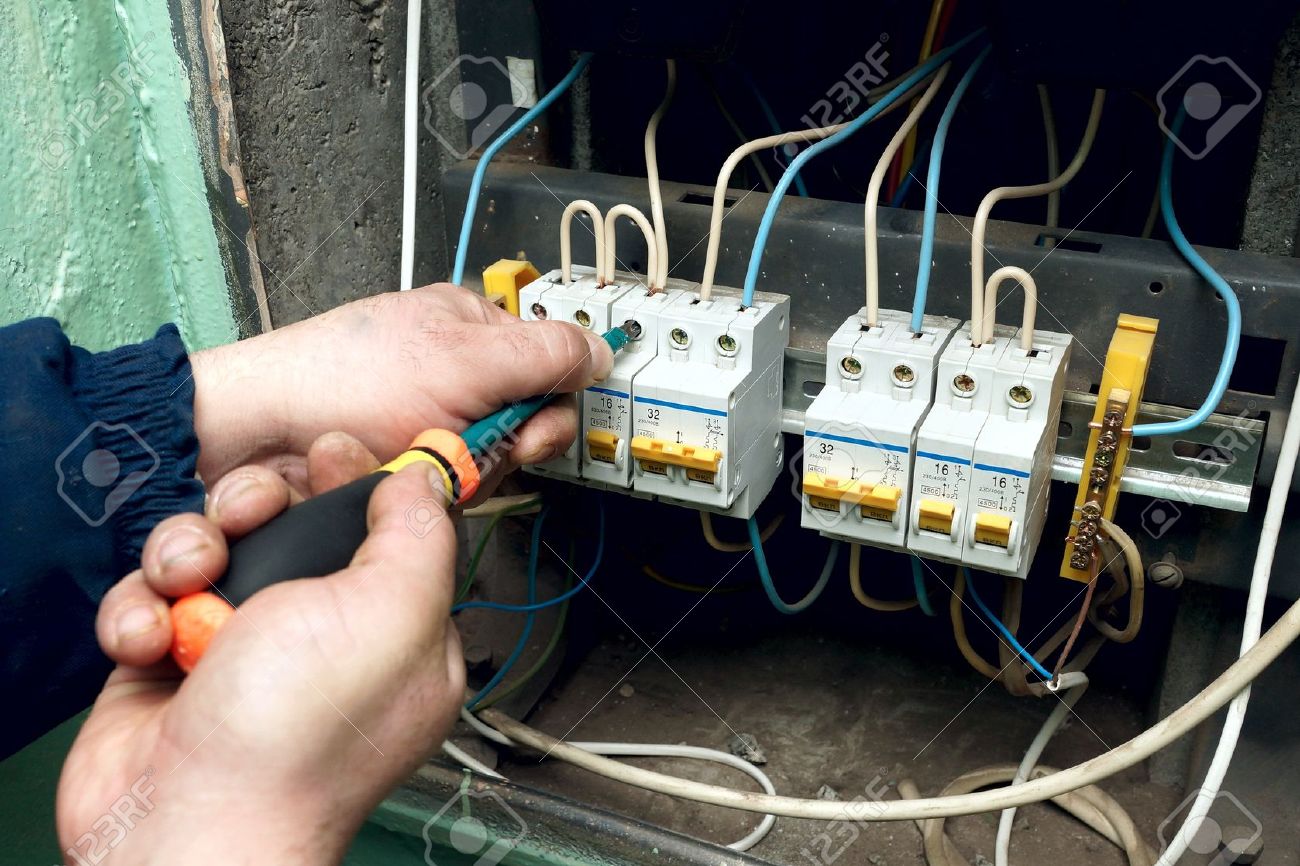The electricity in our homes keeps our lives running. From our computers where we make our livings to cooking our meals to heating and cooling our homes, electricity is integral to modern life.
However, it can also be the source of property damage and serious injuries if not properly installed and maintained over time.
In a report from the National Fire Protection Association, electrical wiring and related equipment were to blame in most home fires, which can result in property damage, injuries, and deaths.
To avoid disasters and maintain the electrical wiring in your home, it is recommended that you follow five basic rules.
1. Perform routine home electrical inspections
Homeowners should periodically check out their home’s power setup. Inspect all the things you can see in each room of your home to ensure they are working properly, including:
- Plugs and switches work, and plugs fit snugly into outlets
- Outlets fit snugly into the wall
- Light bulbs match the wattage of lamps
- Fuses are switched on and not broken
- Major appliances are plugged into wall outlets, not extension cords or surge protectors
- Wires and cords are not damaged or pinched
- No appliance or electrical wiring comes into contact with water
2. Know the warning signs of potential problems
If you know the warning signs of electrical problems in your home, you can head off many issues before they become disasters. If you notice any of the following, call a professional electrician to address the issue as soon as possible.
- Buzzing sounds from appliances, lamps, wiring, or walls
- Heat coming from light switches, outlets, or ceiling lights
- Frequently tripped breakers
- Lights that often flicker or bulbs that consistently burn out quickly
- Unusual smells near electrical wiring
- Sparking outlets
- Damaged wires
3. Avoid overloading your electrical circuits
Overloaded circuits are one of the top culprits of electrical fires. Know how many amps an electrical outlet can handle – typically 15 to 20 amps of power – to avoid overloading the system.
It is recommended you refrain from plugging the following appliances into a surge protector or extension cord:
- Air conditioners or space heaters
- Refrigerators
- Hair dryers or curling irons
- Microwaves, air fryers, pressure cookers or slow cookers
- Sump pumps
4. Install an Arc Fault Protection Interrupter (ACFI)
Arc faults cause thousands of home fires in the US annually, and older or poorly wired homes are most at risk. ACFIs can detect when a damaging arc fault occurs in the house and will cut off the power supply to avoid the risk of fire.
Read more: GFCI or AFCI: What are They and Which One is Right for You?
5. Take precautions during DIY projects
When tackling a simple DIY appliance project, such as replacing a garbage disposal, ceiling fan or electrical outlet, always switch off the breaker to that home area before beginning work. Unplug appliances before making even simple alterations.
To avoid shock hazards, electrical fires or electrical wiring problems, call a qualified electrician to help with more involved projects. Read the article 5 Common Electrical Mistakes DIYers Make to learn more.
How Can We Help?
At Shockley Electric, we address important home safety issues such as power surges, faulty electrical wiring, and potential fire hazards when we do electrical preventive maintenance in homes or commercial buildings. We are licensed, trained, and skilled in safety-proofing your home, and we are committed to the safety and well-being of our customers.
If you are experiencing electrical problems in your home or aren’t sure if your home is protected from electrical hazards, schedule an in-home estimate or appointment with us today. Fill out our form or call us now for a free estimate!

